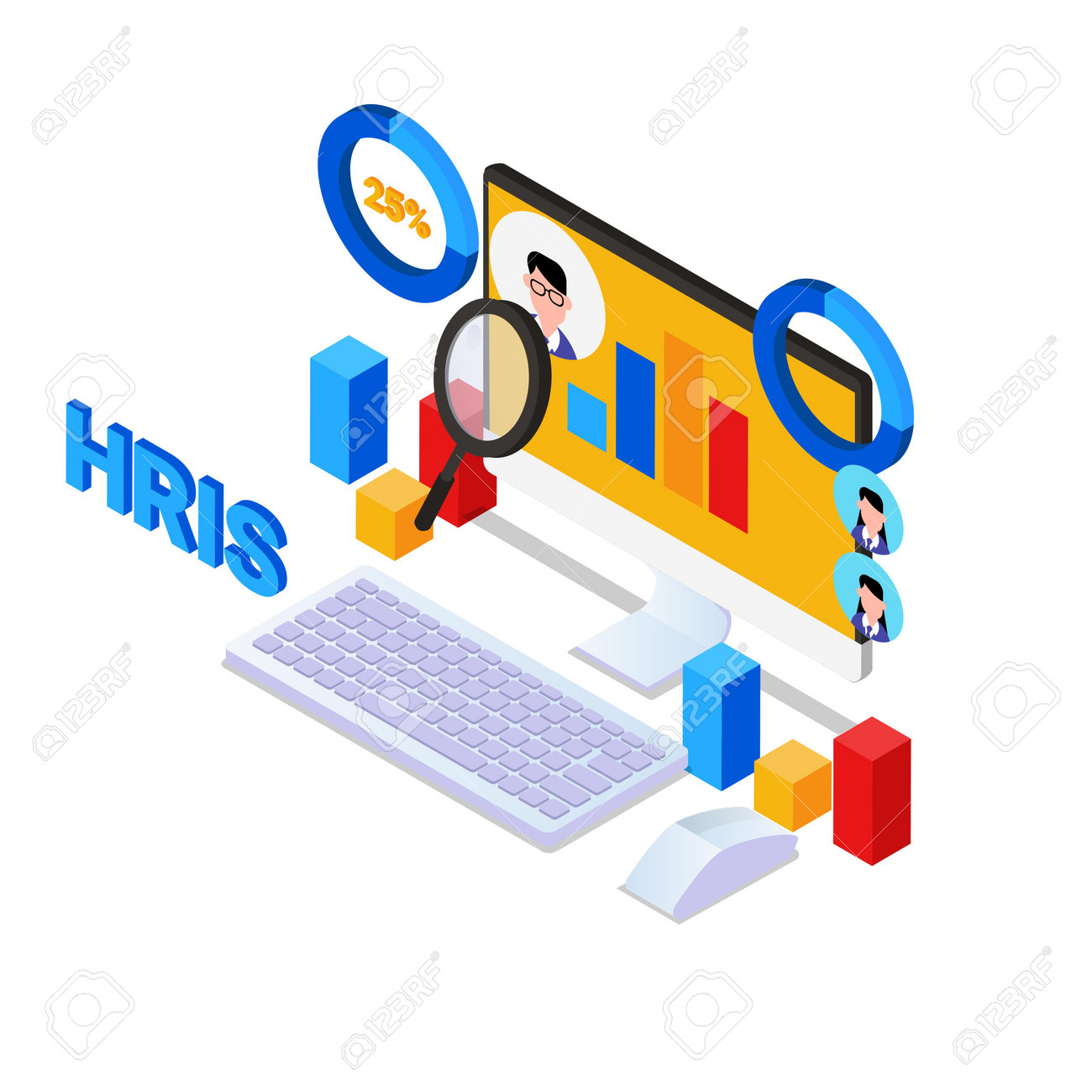Managing human resources manually in a small business might seem doable at first—but as your team grows, spreadsheets, paper files, and endless WhatsApp messages quickly become a source of confusion, delays, and costly errors. This is where a Human Resource Information System (HRIS) becomes essential.
In the past, HR software was seen as a tool for large corporations. Today, however, small businesses across Kenya and the region are embracing HRIS as a smart, affordable way to modernize their operations and compete effectively.
What is an HRIS?
A Human Resource Information System (HRIS) is a digital tool that helps businesses manage various HR functions in one place. These include:
-
Employee data management
-
Payroll processing
-
Leave and attendance tracking
-
Performance monitoring
-
Statutory compliance (SHIF, NSSF, PAYE)
It acts as a centralized platform that reduces paperwork, improves accuracy, and saves time for both employers and employees.
Why HRIS Matters for Small Businesses
You might be wondering: Why should a small team invest in HR technology? Here are some key reasons:
1. Automate Payroll and Compliance
Small business owners often spend hours calculating salaries, taxes, and deductions. An HRIS automates these tasks, ensuring compliance with Kenyan labor and tax regulations—including the new SHIF requirements—while reducing human error.
2. Centralized Employee Records
With an HRIS, all employee data—contracts, appraisals, leave records, disciplinary notes—can be accessed in one secure digital location. This simplifies audits, improves transparency, and enhances record-keeping.
3. Better Employee Experience
An HRIS gives employees access to their own records, payslips, leave balances, and more through a self-service portal. This reduces admin work and improves trust and satisfaction within your team.
4. Scalability
A well-designed HRIS grows with your business. Whether you have 5 or 50 employees, the system supports your operations and makes it easy to onboard, track, and manage your staff as you scale.
What to Look for in an HRIS
Before adopting any HR software, consider the following:
-
Is it easy to use, even for non-technical users?
-
Does it handle Kenyan payroll and statutory deductions?
-
Is it affordable for small businesses?
-
Does it offer customer support and training?
The right HRIS should reduce your workload, not add to it.
Conclusion
Small businesses don’t have to struggle with outdated HR methods. By investing in the right HRIS, you can streamline your operations, reduce compliance risks, and focus on what matters most—growing your business.
To learn more or schedule a free consultation, contact us today.
Call: +254 702 339 699
Email: sales@faidihr.com
Let us help you take the stress out of HR and payroll management.





